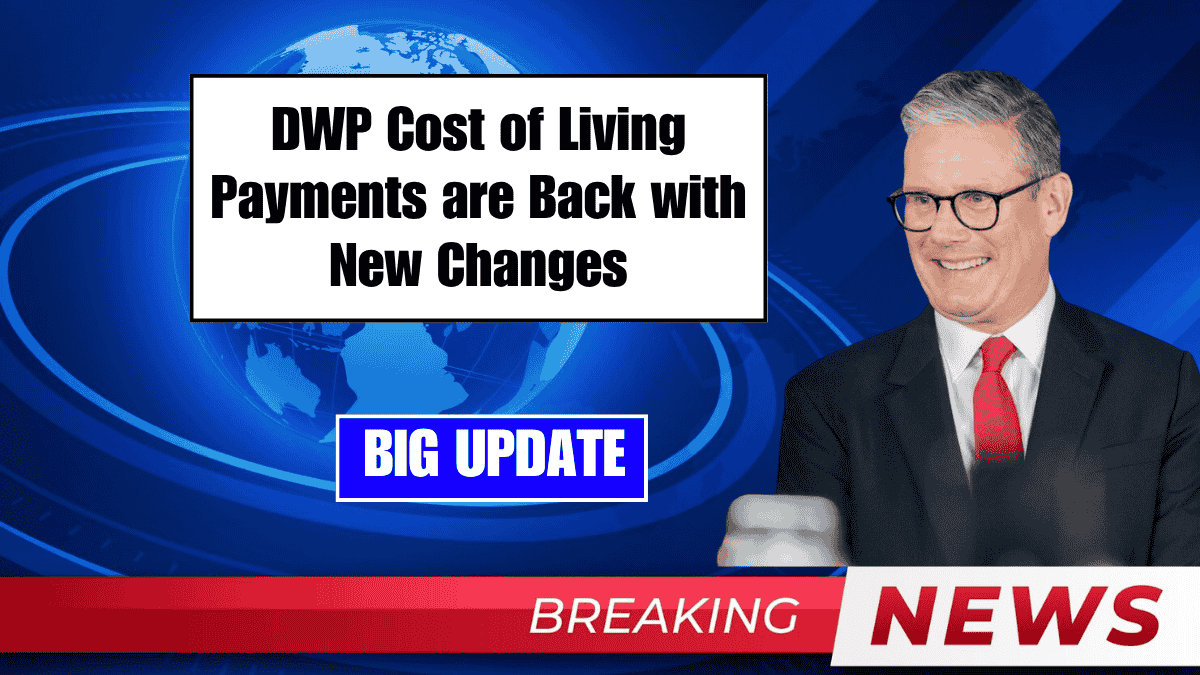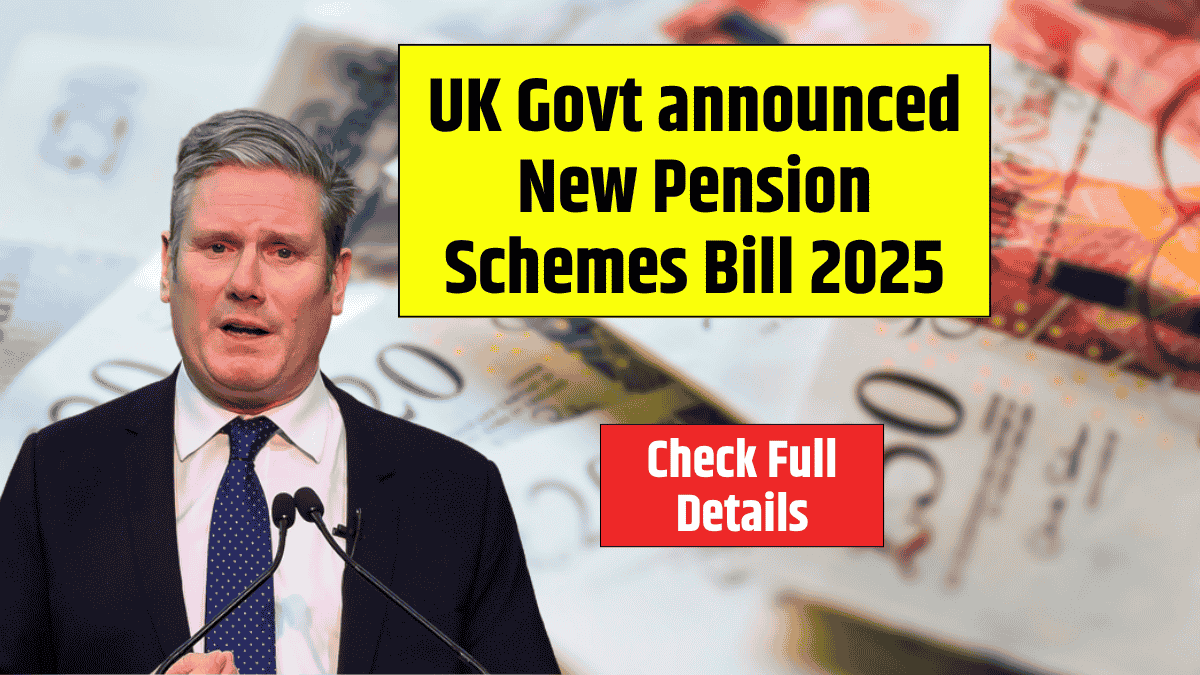UK Govt announced £750 Financnial Boost for NHS Staff: In a move that acknowledges the hard work of NHS staff, the government has confirmed that all NHS workers, including doctors, nurses, and other health professionals, will receive above-inflation pay rises for the second year in a row.
This pay increase aims to support NHS staff while addressing the challenges faced by the health service. The pay uplift will be backdated to April 1st and will appear in staff pay packets starting from August.
Table of Contents
Pay Rise Details and Funding
This year, the pay rise includes a 4% increase for consultants, specialty doctors, specialists, and GPs. Dentists will also benefit from a contract uplift. Additionally, the Department of Health and Social Care (DHSC) has worked with unions to improve working conditions for these staff groups as part of last year’s agreements.
Resident doctors will see a pay increase of 5.4%, which consists of a 4% rise and a consolidated payment of £750. For Agenda for Change (AfC) staff, which includes nurses, ambulance staff, porters, and cleaners, there will be a 3.6% increase.
This translates to a salary boost of approximately £4,000 over the past three years for nurses. For instance, the starting salary for a nurse has risen from £27,055 in 2022 to around £31,050 in 2023.
Alongside the pay increase, the government has also accepted recommendations to reform the NHS staff pay structure in the coming year. This reform will address issues related to banding within the AfC pay system.
Government’s Commitment to NHS Staff
Health and Social Care Secretary Wes Streeting emphasized that these pay rises are a direct acknowledgment of NHS staff’s hard work and commitment. He pointed out that the government inherited a health service that had suffered from low morale due to years of underfunding and poor working conditions.
Streeting also highlighted the progress made over the last year, including reducing waiting lists by 200,000, as part of the government’s Plan for Change.
Sir Jim Mackey, NHS Chief Executive, praised the government’s recognition of NHS staff’s efforts. He stressed that the pay increase comes at a time when the NHS is under significant pressure, and the NHS must focus on reforms to improve efficiency, cut waste, and offer better patient care.
Efficient Use of Funds
Despite the financial challenges, the government has found ways to fund the pay rises without cutting frontline services. The savings have been made by reducing duplication and waste across the health service. These measures include cutting unnecessary administrative positions, reducing NHS England headcount, and slashing budgets for corporate services like communications teams.
The DHSC has focused on improving efficiency in areas such as integrated care boards, cutting their costs by 50%. These efforts have allowed the government to offer above-inflation pay increases while ensuring that there is no reduction in services directly impacting patients.
Looking Ahead
The government has committed to accelerating the pay review process for future awards, aiming to implement pay increases earlier in the year. For the 2026-2027 pay awards, the government plans to remit recommendations by the end of July 2025, two months earlier than last year, with the goal of ensuring timely implementation.
The second consecutive year of above-inflation pay rises for NHS staff is a positive step toward improving working conditions and boosting morale within the healthcare sector. These increases demonstrate the government’s commitment to recognizing the hard work of NHS staff, who have been instrumental in the recovery of the health service.
By focusing on reducing waste and improving efficiency, the government has ensured that these pay increases will not impact frontline care, reflecting a long-term commitment to supporting the NHS and its workers.
FAQ
Who will benefit from the NHS pay rise in 2023?
All NHS staff, including doctors, nurses, consultants, specialty doctors, GPs, and support staff like cleaners and porters, will receive a pay increase.
When will the NHS pay rise appear in staff pay packets?
The pay increase will be backdated to April 1st, and staff will see it in their pay packets from August 2023.
How will the pay rise be funded?
The pay rise will be funded by cutting waste and duplication in the NHS budget, without affecting frontline services.
How much is the pay rise for nurses in 2023?
Nurses will see a 3.6% pay increase, which increases their starting salary from £27,055 in 2022 to £31,050 in 2023.
Will the NHS pay rise address staffing issues?
Alongside the pay rise, the government is working on reforms to improve working conditions, addressing concerns about staff morale and workload.
Why is the pay rise important for NHS staff?
The pay rise is a recognition of the hard work and dedication of NHS staff, especially as the sector continues to recover from previous challenges.



Get rid of starmer and use the money he usually gets all of labour needs to go it’s there fault NHS not getting more money and need to help pensioners
I agree NHS staff get the pay rise as I was a nurse and retired at 61 it is hard work but it’s a very rewarding job I loved it I hoping us pensioners will get something from the dwp as some point in time